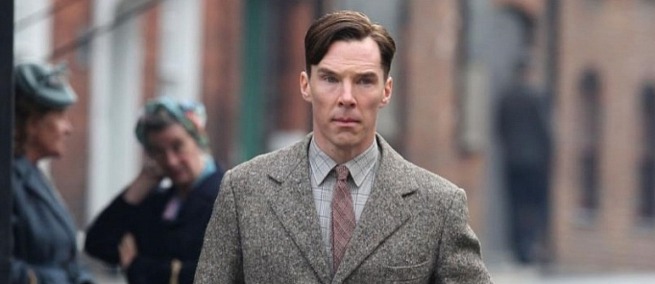
lan Turing was a WWII-era British mathematician, cryptologist and early computer scientist charged with cracking the Germans’ famed and feared ENGIMA code, a successful effort which led directly to several Allied victories over the Nazis. This period in Turing’s life will be captured in the upcoming Sloan-supported feature film, The Imitation Game starring Benedict Cumberbatch as Turing and Keira Knightley. The film will be released by the Weinstein company in November. It received a 2014 TFI Sloan Filmmaker Fund grant.
Turing is perhaps best known, however, for the so-called “Turing Test” an artificial intelligence experiment centered around the question: “Can Machines Think?” The test pits a machine programmed to act in imitation of a human conversant against an actual human. If the human observer cannot discern whether their conversational partner is a machine or person (or guesses wrongly), the machine is said to have passed the test. If the machine “wins” over thirty percent of the time, that constituted, for Turing, signs of an artificial intelligence at work.
This benchmark was hit for the first time last week by a computer program called “Eugene Goostman” which fooled a group of people into thinking they were chatting with a 13 year-old Ukranian boy. For more on the study (and, some objections to the continued value of Turing’s metric in our current digital age), check out this NPR story.
FILMMAKERS
PARTNERS
TOPICS